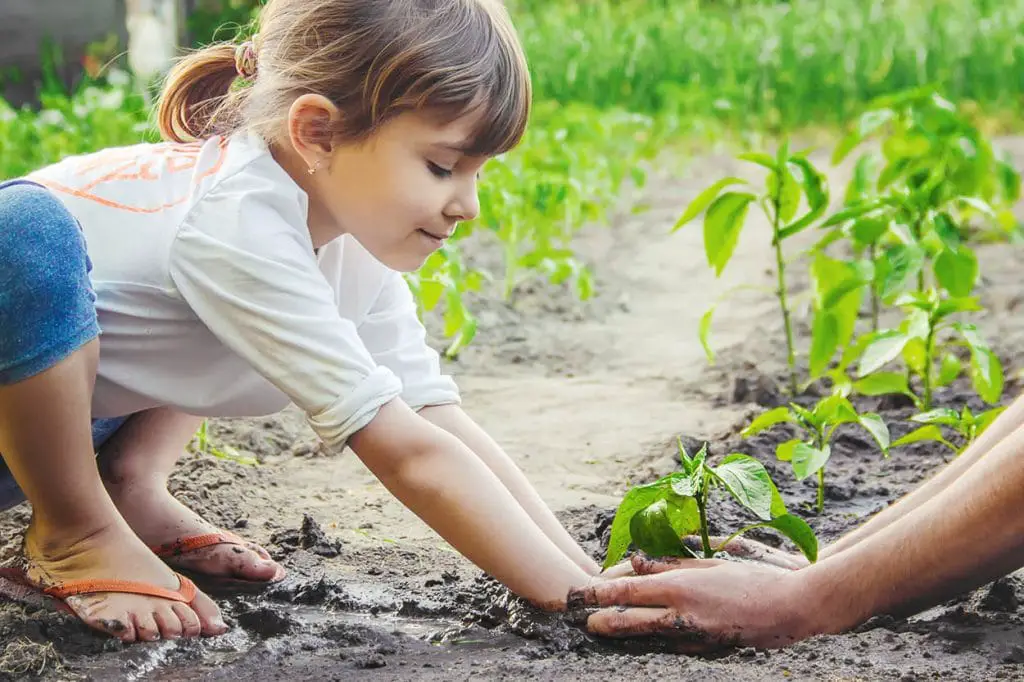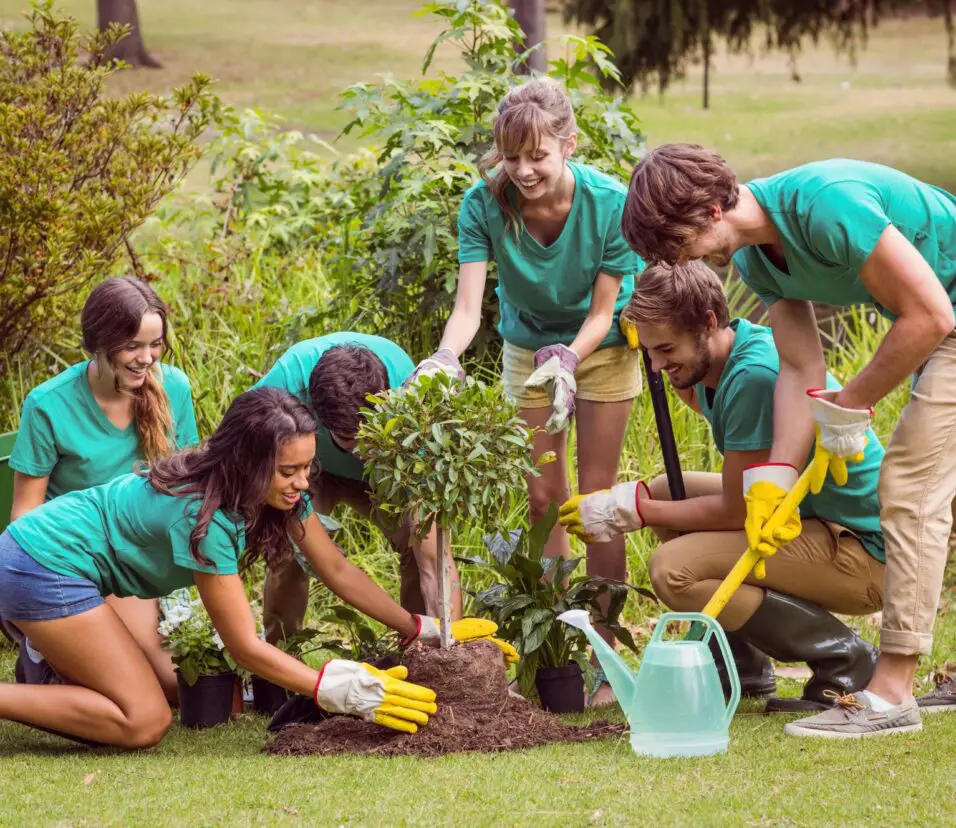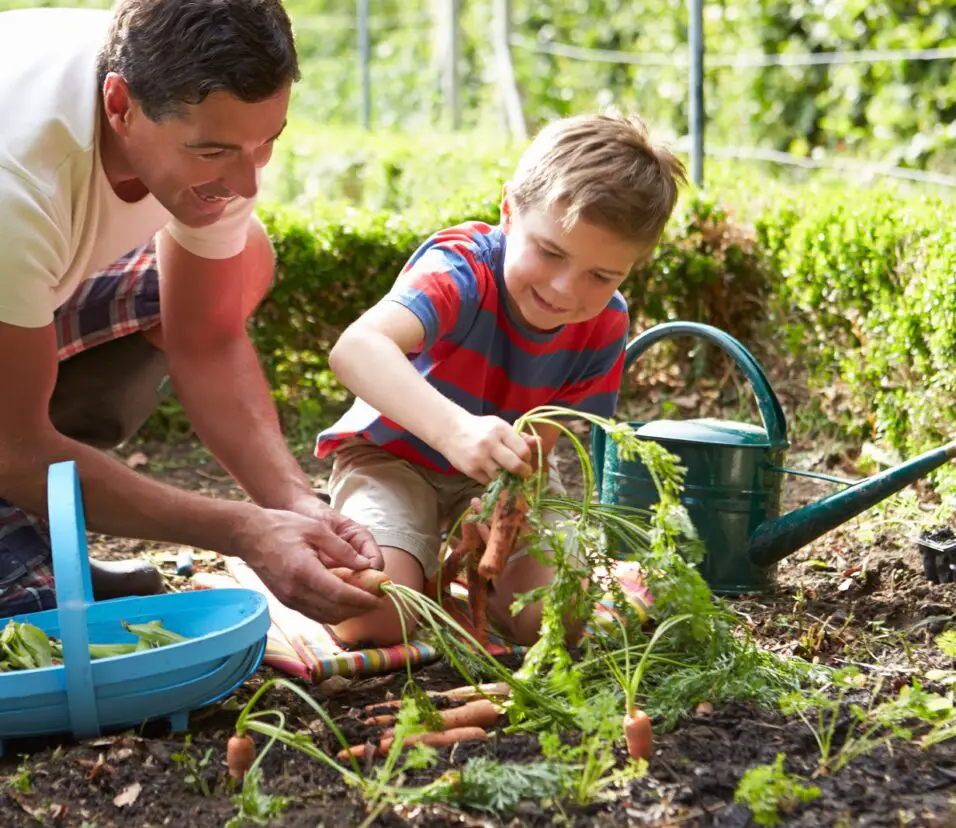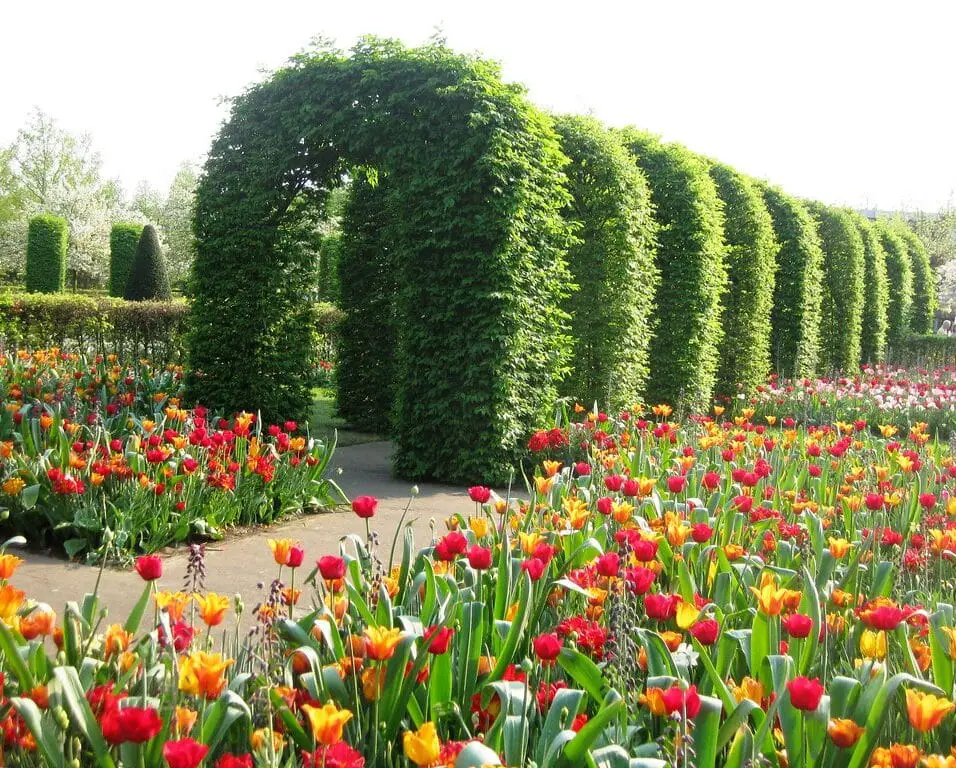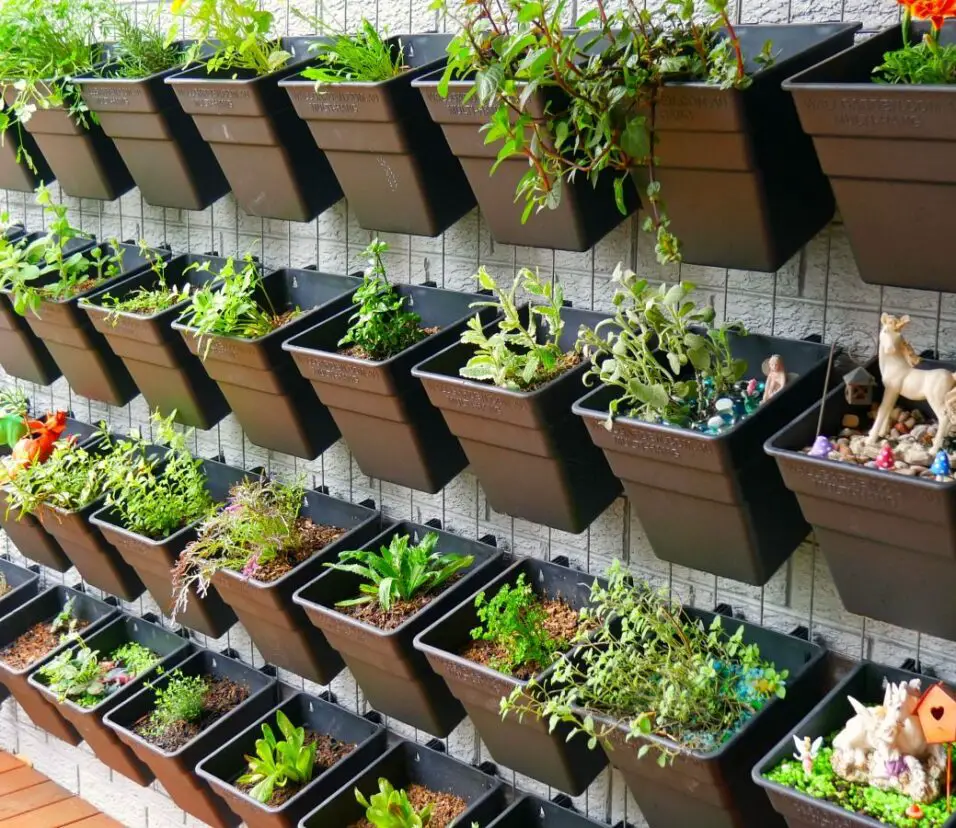How Does Gardening Help A Child’s Development
Introduction
How Does Gardening Help A Child’s Development: Gardening, often regarded as a pursuit for adults, holds remarkable potential in nurturing a child’s holistic development. Beyond its role in cultivating plants, gardening offers a plethora of benefits that foster a child’s physical, cognitive, emotional, and social growth. In an increasingly digital and urbanized world, connecting children with the natural environment through gardening can be a transformative experience.
The act of tending to a garden provides children with opportunities to engage in hands-on, sensory-rich activities that stimulate their physical development. Digging, planting, watering, and weeding require fine and gross motor skills, contributing to enhanced coordination and muscle strength. Furthermore, as they observe the growth cycle of plants, children gain a tangible understanding of natural processes, cultivating their cognitive skills and curiosity. Scientific concepts like photosynthesis, life cycles, and environmental interdependence become tangible realities in the garden.
Emotionally, gardening offers a space for children to connect with their nurturing instincts. Witnessing a seed they’ve sown transform into a thriving plant boosts their self-esteem and sense of responsibility. The patience required to care for plants imparts valuable lessons in delayed gratification and resilience, essential life skills. Gardening is inherently social, encouraging collaboration and communication. When children garden together, they learn to share tasks, negotiate roles, and solve problems collectively. Moreover, working side by side with peers or family members deepens their interpersonal relationships and empathy, fostering social intelligence. In this age of digital immersion, introducing children to gardening practiced opens doors to unstructured outdoor play, igniting their imagination and creativity. The joys of discovery, the sense of accomplishment, and the grounding connection to nature all contribute to a well-rounded development that equips children with skills they’ll carry into adulthood.
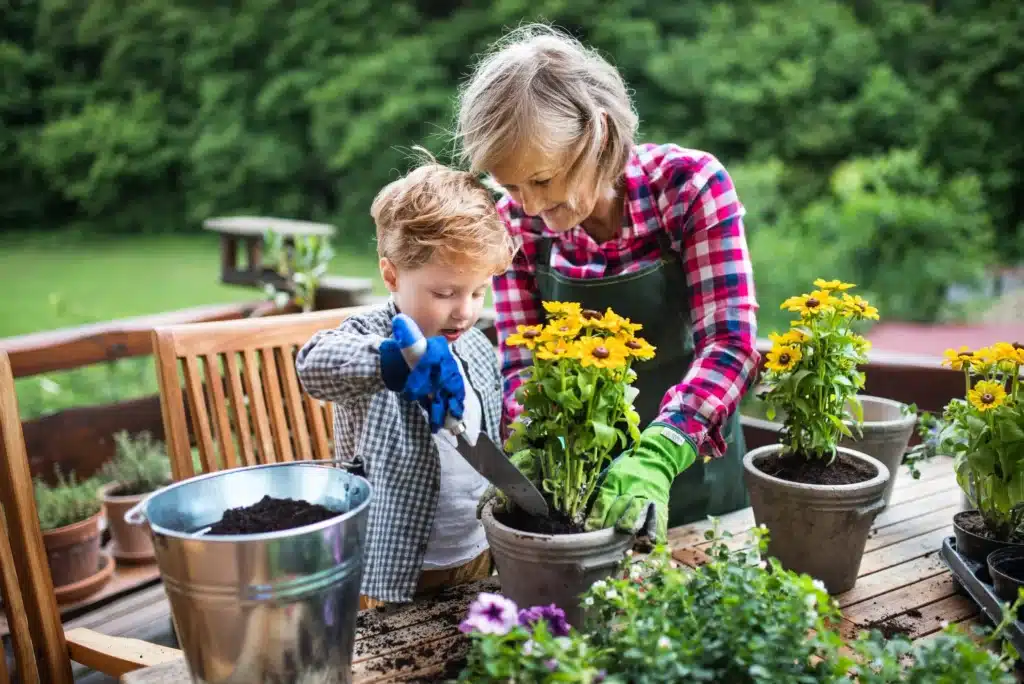
Why gardening is a good hobby for kids?
It is not only fun, but it is also a healthy activity that helps children to improve their motor skills, social skills, and knowledge of plants, insects, and other living things. It also helps them to learn about responsibility and to develop persistence in the face of challenges.
Gardening stands as an exceptional hobby for children due to its multifaceted benefits that nurture their physical, cognitive, emotional, and social growth. Engaging in gardening activities such as planting, watering, and weeding fosters the development of fine and gross motor skills, contributing to improved coordination and muscle strength. As they witness the lifecycle of plants, children grasp fundamental scientific concepts, enhancing their cognitive understanding of the natural world.
Emotionally, gardening provides a platform for children to experience the satisfaction of nurturing living things. Watching their efforts yield flourishing plants bolsters their self-esteem and teaches responsibility. The patience demanded by gardening imparts essential life skills, fostering resilience and perseverance.
Gardening is inherently collaborative, encouraging teamwork and communication when children garden with peers or family members. It teaches them to share responsibilities, negotiate tasks, and solve problems collectively. This shared experience deepens their interpersonal relationships and empathy, nurturing their social intelligence.
Amidst the digital age, gardening introduces children to outdoor play and stimulates their creativity and imagination. The sheer joy of discovery and the connection to nature contribute to a well-rounded development, equipping children with lifelong skills. In essence, gardening offers a holistic hobby that encompasses physical activity, cognitive engagement, emotional fulfillment, and social interaction.
How is gardening an enjoyable activity?
After caring for and nurturing our plants, we observe flowers blooming, which makes gardening enjoyable. We can enjoy our hard work by picking fruits, veggies, and flowers from our garden.
Gardening is fun for all ages and offers concrete rewards and psychological benefits. Gardening gives a sense of accomplishment and pride that delivers great joy. One’s efforts are rewarded by seeing bare soil turn into a thriving garden.
Gardens are enjoyable because of their sensory experiences. Touching soil, smelling flowers, and seeing brilliant hues link people to nature. This sensory connection promotes calm and mindfulness, easing daily stress.
Gardening also unites planning, problem-solving, and creativity. Planting, arranging flowers, and planning pest control are mentally stimulating. This creative outlet lets people express themselves via design, color, and plant arrangements. Gardening is fun because it creates a peaceful, beautiful area for self-expression. Gardens are joyful and gratifying since they nurture plants and one’s well-being.
What is gardening and its importance?
Growing food
Gardening is a great way to save money, improve your health, and enjoy nature. But it doesn’t necessarily mean growing your own food. You don’t have to spend hours tending a plot of land in order to reap the rewards. In fact, there are many different types of gardening, each with its own benefits.
Gardening is the art and practice of cultivating and nurturing plants within a designated area, typically a garden or outdoor space. It involves a range of activities, including planting, watering, weeding, and caring for plants to promote their growth and health. Gardening can encompass various types, such as ornamental gardening, vegetable gardening, and landscaping, each with its own objectives and techniques.
The importance of gardening extends far beyond the mere act of growing plants. It plays a pivotal role in several aspects of human life and the environment. First and foremost, gardening contributes to food production and security by enabling the cultivation of fruits, vegetables, and herbs. Additionally, gardens enhance the aesthetic appeal of surroundings, providing spaces for relaxation, recreation, and enjoyment of nature.
Gardening also has ecological significance, as it supports biodiversity by providing habitats for various species and promoting a healthier ecosystem. Furthermore, the act of gardening fosters a deep connection between individuals and nature, offering therapeutic and stress-relieving benefits. Through nurturing plants, people gain a better understanding of natural cycles, ecological processes, and the delicate balance of the environment, ultimately promoting sustainability and environmental consciousness.
What is the aim of gardening?
Planting flowers and vegetables brings a different joy. Gardening is more than a hobby for some. It stabilizes your attitude and health as well as adorning your home. Nature and humans are connected.
Gardening has many goals that combine to generate thriving landscapes with many advantages. Gardening uses nature to create spaces that reflect human creativity, sustainability, and well-being. Growing plants for food, herbs, and fresh vegetables is a key goal. Gardens create beautiful, peaceful environments that revitalize the senses and offer respite from daily life.
Gardens also promote environmental stewardship by creating biodiversity enclaves that protect ecosystems and species. Gardening is a living school where children learn about botany, ecology, and nature’s delicate balance. Gardening promotes physical activity, stress reduction, and mindfulness, improving mental health. Gardens foster community bonds and shared experiences. Gardening integrates human creativity, ecological methods, and harmony with nature to create environments that benefit our physical, mental, emotional, and environmental life.
What cognitive skills do children acquire through the process of gardening and observing plant growth?
The process of gardening and observing plant growth offers a fertile ground for children to cultivate a range of cognitive skills that shape their understanding of the natural world. Through hands-on experiences such as planting seeds, monitoring growth, and identifying plant species, children develop keen observational skills. They learn to recognize patterns, changes, and variations in plant development, honing their ability to analyze and interpret visual information.
Gardening engages children in scientific thinking and inquiry. As they ask questions about why plants need sunlight, water, and nutrients, they embark on a journey of discovery. They experiment, make hypotheses, and draw conclusions based on their observations. This process encourages critical thinking, problem-solving, and logical reasoning, essential cognitive skills that extend beyond the garden’s boundaries.
Gardening also fosters an understanding of ecological relationships. Children grasp the concepts of interdependence among living organisms, recognizing how plants, insects, and other creatures coexist and contribute to a balanced ecosystem. This holistic view of nature nurtures their systems thinking and enhances their environmental awareness.
The cognitive skills cultivated through gardening empower children with a scientific mindset, analytical acumen, and an appreciation for the intricate tapestry of life, enriching their overall cognitive development.
What are the social benefits that children gain from participating in gardening activities with peers or family members?
Participating in gardening activities with peers or family members offers children a wealth of social benefits that extend far beyond the garden’s borders. Collaborative gardening experiences provide a platform for children to develop essential teamwork and communication skills. When working alongside others, they learn to share tasks, delegate responsibilities, and coordinate efforts. These interactions cultivate cooperation and compromise, building a foundation for effective interpersonal relationships.
Gardening fosters a sense of community and connection as children work together toward a common goal – tending to the garden’s growth. Shared successes and challenges create opportunities for bonding and camaraderie. Moreover, the act of exchanging knowledge and tips enhances their ability to share information, listen actively, and offer constructive feedback.
Interacting with peers or family members in a garden setting also promotes the development of empathy and understanding. Children witness each other’s efforts and the outcomes of those efforts, instilling a sense of appreciation for individual contributions. They learn to support and encourage one another, fostering emotional intelligence and strengthening their social ties.
Ultimately, gardening provides a nurturing environment for children to learn important social skills that empower them to collaborate effectively, communicate openly, and cultivate meaningful connections, skills that will serve them well in various aspects of their lives.
Can you explain how gardening fosters a connection between children and the natural world, stimulating their curiosity and understanding of nature?
Gardening acts as a bridge between children and the natural world, fostering a profound connection that sparks curiosity and deepens their understanding of nature’s intricate processes. Through hands-on experiences like planting seeds, observing growth, and nurturing plants, children engage with the tangible elements of the environment, stimulating their innate sense of wonder.
As they witness the transformation of a tiny seed into a thriving plant, children are captivated by the magic of nature’s life cycles. This firsthand encounter with growth and decay ignites their curiosity, prompting questions about the “whys” and “hows” of plant development. This curiosity drives them to explore topics such as photosynthesis, soil composition, and the role of water in sustaining life.
Gardening encourages children to become keen observers of their surroundings. They notice the interactions between plants, insects, and the environment, prompting them to ask questions about ecological relationships. This inquisitive mindset leads them to seek answers, expanding their understanding of the delicate balance that sustains life on Earth. Ultimately, gardening nurtures a bond between children and the natural world, inspiring a lifelong fascination with nature’s complexities. By nurturing their curiosity and understanding, gardening lays the foundation for environmental consciousness and stewardship, encouraging children to value and protect the natural world.
How does the act of nurturing plants in a garden contribute to the development of empathy and responsibility in children?
This bond encourages children to view plants as living entities with feelings and requirements, thereby developing their ability to empathize and care for others. As they observe the consequences of neglect or attentive care on plant health, children develop a sense of responsibility for the well-being of these organisms.
Gardening requires consistent commitment – watering, weeding, and protecting plants from pests. This routine fosters a sense of duty and accountability, as children understand that their actions directly influence the health and vitality of the garden. This understanding of cause and effect nurtures responsibility and reinforces the notion that their efforts have a tangible impact.
In sum, nurturing plants within a garden nurtures empathy as children recognize the needs of living beings, and it cultivates responsibility by instilling a sense of duty and accountability for the well-being of these plants. These values extend beyond the garden, shaping their interactions with the broader world and fostering qualities of compassion and reliability.
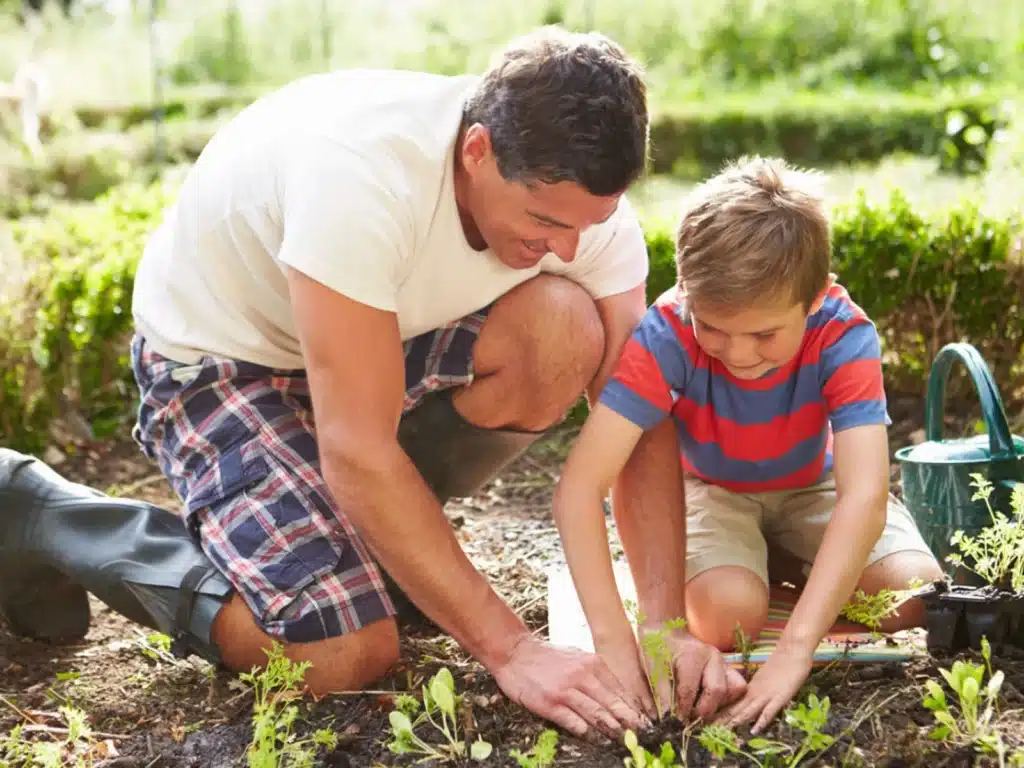
Conclusion
Gardening stands as an extraordinary avenue for fostering comprehensive development in children. Its multifaceted benefits encompass physical, cognitive, emotional, and social growth, creating a rich tapestry of skills and qualities that lay the foundation for lifelong success. Through hands-on engagement with the natural world, children acquire a deep sense of curiosity and understanding of nature’s wonders. The act of nurturing plants not only cultivates empathy and responsibility but also imparts vital life skills such as patience, resilience, and problem-solving.
Moreover, gardening promotes social intelligence through collaboration with peers and family members, while also offering a therapeutic escape from the digital world. As gardening children witness the fruits of their labor and experience the tangible outcomes of their care, their self-esteem flourishes. The connections they forge with the environment, their peers, and their own abilities are priceless treasures that will shape their character and outlook on life.
Gardening, often viewed as a simple pastime, emerges as a powerful catalyst for growth, empowerment, and holistic development in children. By nurturing plants, children nurture their own potential, ensuring a vibrant and promising future imbued with a deep appreciation for the natural world and a wealth of skills to navigate it.



